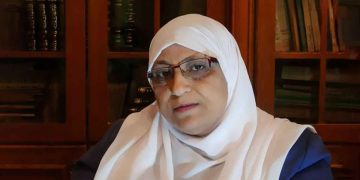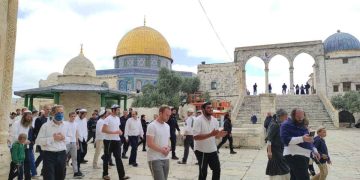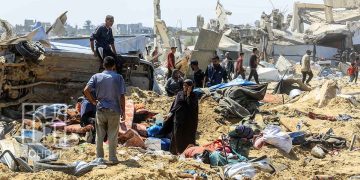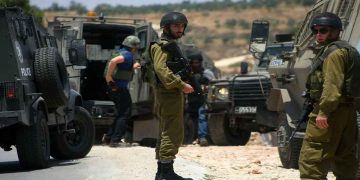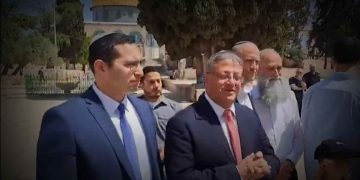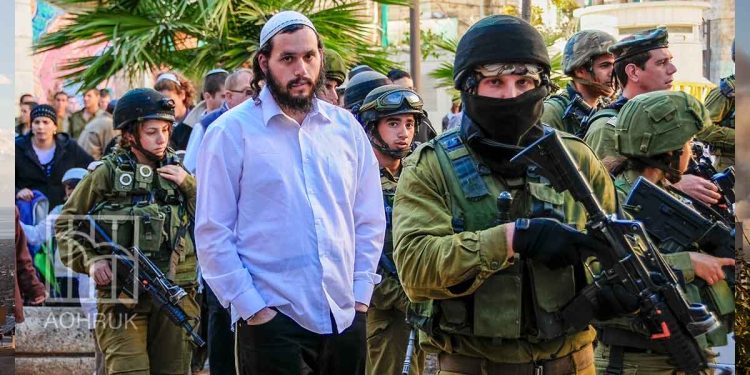In a stark reflection of escalating organised violence in the occupied West Bank, Israeli settler attacks have become a daily reality, foreshadowing a looming humanitarian explosion. From villages trapped between settlements to ravaged farmlands and uprooted olive trees, Palestinians are living under the weight of a systematised campaign of terror, backed and protected by the Israeli occupation army.
According to the United Nations, October witnessed 264 settler attacks against Palestinians, which is the highest monthly toll in nearly twenty years, as reported by the UN Office for the Coordination of Humanitarian Affairs (OCHA).
These assaults resulted in the killing of Palestinians, the injury of others, and widespread destruction of property as part of a deliberate policy aimed at uprooting Palestinian communities and expanding settler control.
UN Deputy Spokesperson Farhan Haq described the surge as a “dangerous escalation” in the pace of violence across the West Bank, noting that more than 1,500 settler attacks have been documented so far this year alone, accounting for roughly 15 per cent of all such incidents recorded since 2006.
UN reports further indicate that settler violence has forced more than 3,200 Palestinians from their lands, destroyed hundreds of homes and farms, and killed or injured hundreds of civilians, including 42 children, representing one in every five Palestinian fatalities in the West Bank this year.
Palestinian official statistics documented 766 settler attacks in October alone, concentrated mainly in Ramallah and Al-Bireh (195), Nablus (179), and Hebron (126). Settlers also carried out 352 acts of vandalism and theft, and uprooted or damaged around 1,200 olive trees, extending a scorched-earth policy targeting one of the most enduring symbols of Palestinian identity and heritage.
These figures expose the failure of the occupation’s legal and security apparatus to protect civilians, as settlers operate under overt military and institutional cover, rendering their crimes part of an entrenched policy that violates international humanitarian law and seeks to erode Palestinian presence on their own land.
Amid this grim reality, the West Bank faces a new phase of silent displacement, where settlement expansion has evolved from a project of territorial control into an instrument of collective repression, as the world continues its silence over one of the longest and most systematic campaigns of dispossession in modern history.

